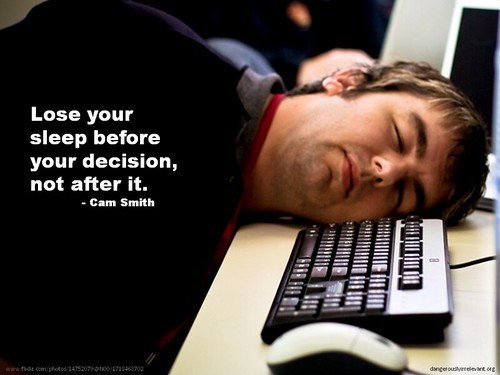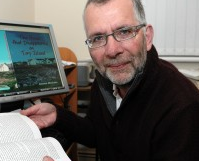40 winks that converted €62.40 into €222,222,222.22; or mistaken payments and the law of restitution, again – updated
The following story caught my eye in the news today:
Cashier asleep with finger on keyboard launched a €222,222,222 transaction
… a German bank employee … had intended to transfer €62.40 from a retired employee’s account but “momentarily fell asleep” and ended up transferring €222,222,222.22 … which was only spotted and rectified by bank staff hours later.
Sadly for the recipients, the bank was perfectly entitled to rectify the error: as I have said on previous occasions on this blog, the recipients of the €222m would have had to pay the money back. See A bank error in your favour is not a gift from God; Santa, Scrooge, and overactive ATMs; Bank errors are not a licence to gamble.
The terms and conditions of the contracts between banks customers usually allow banks to reverse such erroneous transfers. Even if the contract doesn’t apply, or if the transfer cannot be electronically reversed, there are likely to be non-contractual claims to restitution on the grounds that the customers were unjustly enriched by the mistaken payments. Worse, if the recipients decide that the money would be much better off resting in their other accounts, this would constitute theft. There is no electronic philosopher’s stone that can transmute €62.40 into €222,222,222.22 and leave the recipient secure in receiving the latter amount – unfortunately.…





